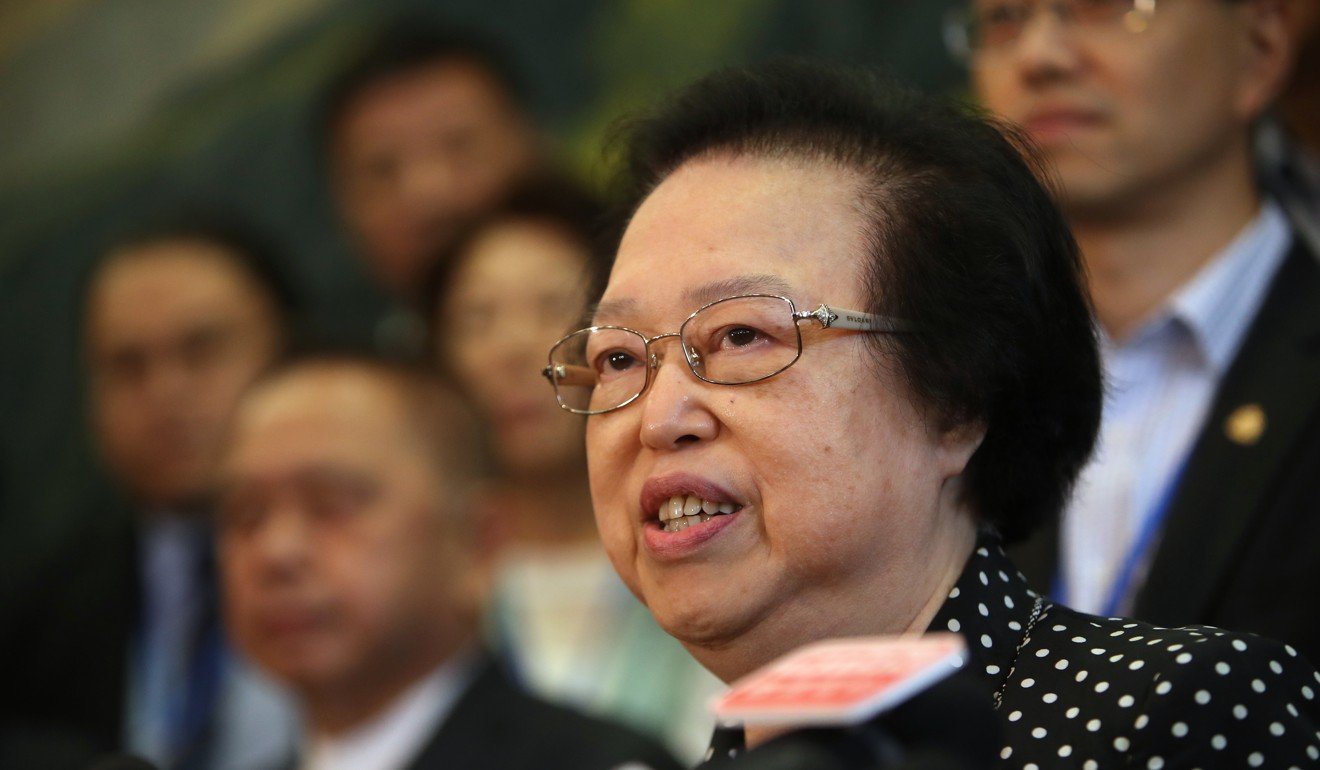
Hong Kong protests: growing number of repeat arrests prompts calls for special court to fast-track cases related to violent unrest
- Courts and prosecutors cannot keep up with rising number of arrests in ongoing protests, with about 60 being detained for a second time
- Lawyers and legal scholars question whether dedicated court will be effective given the complexity of the cases
About 60 anti-government protesters in Hong Kong have been arrested for a second time after being detained and released by police, prompting calls for a special court to fast-track cases related to the unrest.
While the idea drew some support, some lawyers and legal scholars questioned whether having a dedicated court would be effective, given the complexity of the cases.
Roughly 2.4 per cent of those arrested were rearrested after being charged or granted bail. Two thirds of them were arrested a second time within a month.
He accused supporters of “romanticising violent and barbarous behaviour”, either believing there would be no legal consequences or that the punishment would not be immediate.

More than 443 people have been taken to court so far, with 230 charged with rioting.
Former director of public prosecutions Grenville Cross said a dedicated court could be set up easily, with between three and five judges assigned to handle all protest-related cases.
“Depending on the volume of cases, the protest case magistrates could sit beyond the normal sitting hours,” he said, likening it to the special court set up in the United Kingdom, which ran around the clock to deal with cases related to the London riot in 2011, which saw more than 3,000 people arrested and five killed.
“If there is a serious backlog developing, the judiciary will need to consider how trials can be expedited, and dedicated courts are an obvious answer,” he said.
Cross pointed out that the special court might work only at the magistrate’s court level, which deals with less serious cases, because higher courts “do not lend themselves readily” to special arrangements.

Top criminal barrister Cheng Huan SC said was no legal impediment to the establishment of a special court in Hong Kong.
He said the chief executive could use the powers available to her under the Emergency Regulations Ordinance. But the city's embattled leader Carrie Lam Cheng Yuet-ngor has been under fire for using colonial-era legislation to impose a mask ban.
The Criminal Procedure Ordinance in Hong Kong also stipulates “the practice and procedures” in all criminal cases should follow the English system, Cheng said. There is provision in the United Kingdom for a special criminal court, he added.
“But whether there is a real need for such courts is another matter,” he said.
The Post has observed that almost all the people charged in court in connection with the protests were not required to make a plea during their first appearance, and prosecutors often sought more time for further investigations to be done.
Wong said: “The cases are simply not ready.”

He also feared that judges selected for a special court might come under immense political pressure.
It is not uncommon for judges to be criticised after ruling on controversial cases from both sides of the political spectrum.
Another barrister, who preferred to remain anonymous, said he always preferred a judge to approach a case with a fresh mind. He thought it undesirable to have all protest cases handled by the same few judges.
The police source said having a special court for protest cases would help to avoid holding up other cases unrelated to the unrest and already in the queue.
Cheng said the immediate concerns would be for the judiciary to hire more magistrates and judges at the District Court level in anticipation of the large influx of cases.


